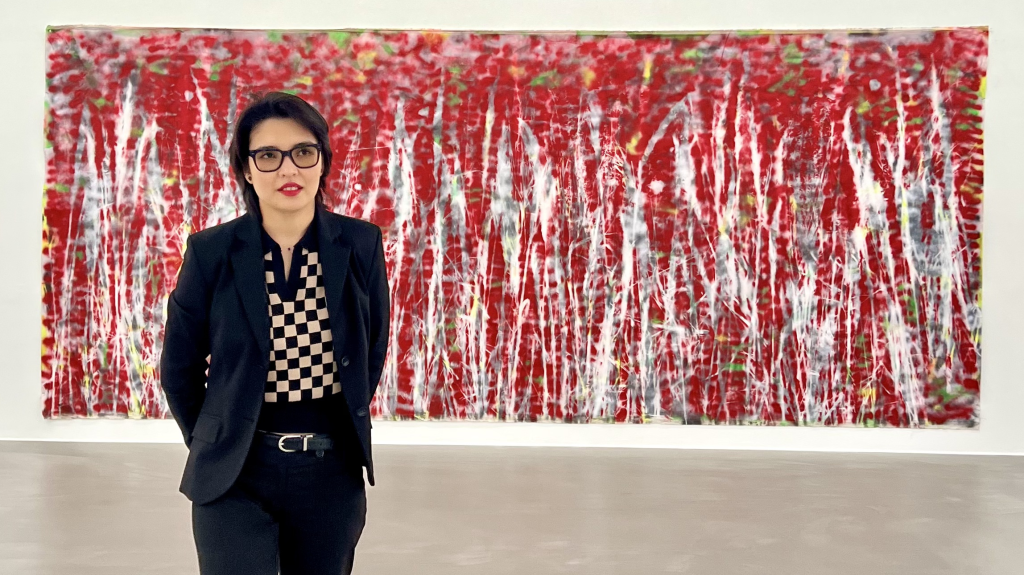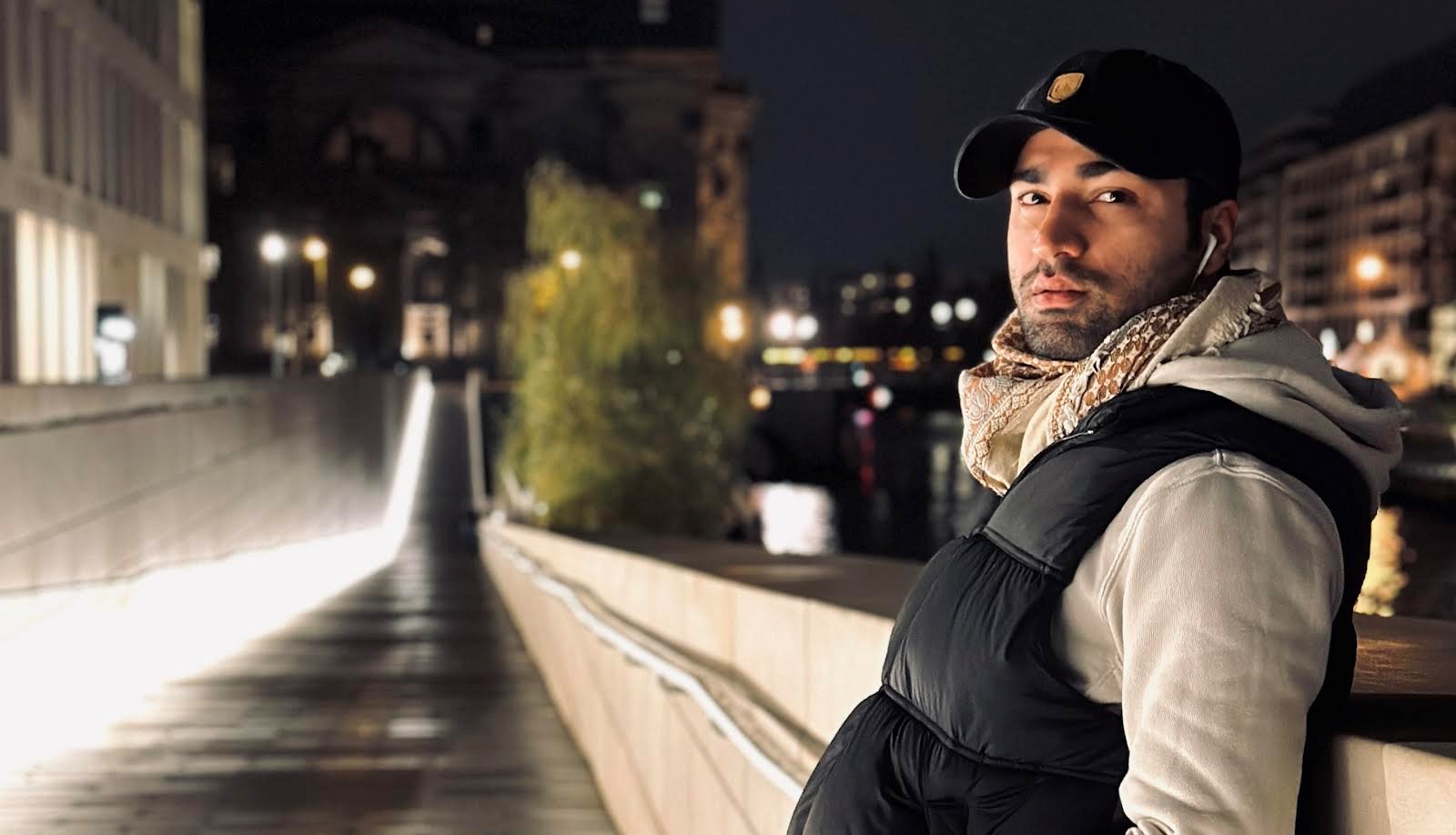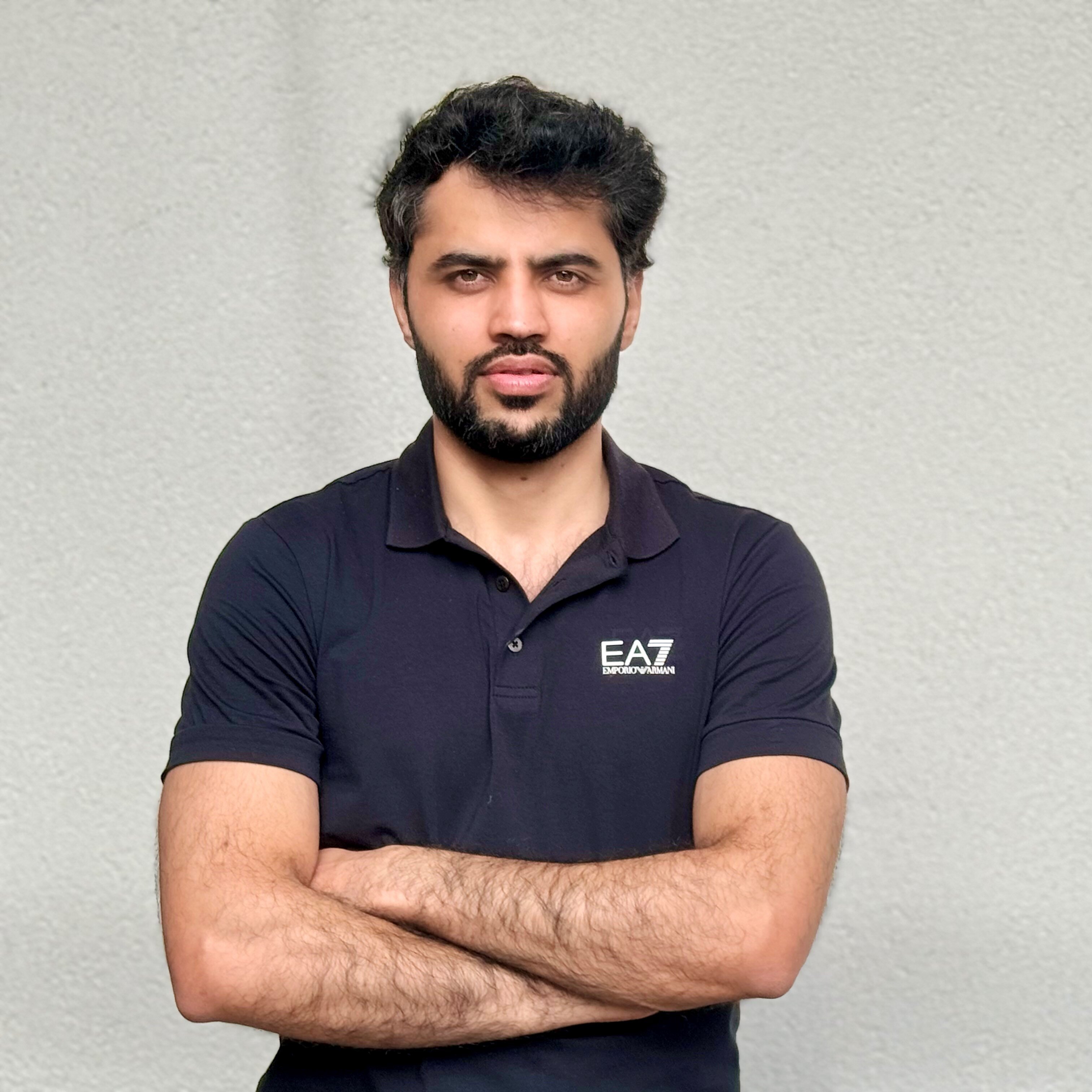The Untold Stories of Afghan Immigrants
Through his ‘Hidden Hero’ storytelling project, Elias Hatimi celebrates the lives and contributions which Afghan people are making in Germany. Having fled the Taliban, the exiled journalist discusses the challenges Afghan immigrants face – and how sharing their experiences can help.
The interview was conducted by Ani Kamalyan.
Elias, your project Hidden Hero tells the stories of Afghans starting their life over in Germany. You personally also had to start your life over. How and why did you come to Germany?
In 2021, when the Taliban seized power in my country, I had to evacuate to Germany as I had been working for a foreign institution and was therefore in danger of being arrested or even worse by the new Taliban regime. The situation was a catastrophe, but I was put on an evacuation list through the help of ifa and World Vision, my former organisation. The evacuation was not easy, though. I had to move from Kabul to Pakistan and from there to Germany, without my family.
What were your first experiences in this country?
When I arrived in Germany, I lived in a refugee camp. For the first few months, I worked at Bennohaus, a media, cultural and educational institution in Münster that was already familiar to me from my 2017 CCP Fellowship. I received psychological and social support from ifa and managed to get another scholarship through the Elisabeth-Selbert-Initiative (ESI), another ifa programme which supports at-risk international human rights defenders. Recently, I finished my B2 in the German language, and I am also working at the moment. I have a lot on my shoulders, but I try to keep my focus on the development of the Hidden Hero project, which is now the backbone of my career as a journalist. Fortunately, through a connection with Amnesty International, my family could also be evacuated from Afghanistan.
On your website, Hidden Hero, you interview and profile other Afghan people who have moved to or were born in Germany. What prompted you to do that?
I first had the idea for this project when I was living in the refugee camp in Germany. The situation was quite bad, not only because of the living conditions, but also because of the interaction with different people from different backgrounds suddenly living so closely together. I was trying to think of how I could keep my career going as a journalist and an activist. I was a storyteller in Afghanistan: why not continue this work here?
When I saw the challenges and hardships which Afghan people go through in Germany, I realized that their difficulties often go unrecognized and underappreciated. They are not given enough credit for their struggles, hard work and determination. Despite the challenges they face, they try to help others and make significant contributions to society. My project aims to shine a light on these people from diverse backgrounds who have started new lives in Germany. I want to spread the message that even though life can be chaotic and full of setbacks, you can always find enough strength to overcome these challenges.
How has the project developed since you first had the idea?
I recently partnered with the European Centre for Press and Media Freedom’s “Journalist in Exile” project, which offers mentoring, training, networking, and technical support for journalists in exile in Germany. The organisation supported me with funding for my website and media equipment. With their assistance, I finally launched the project. Hidden Hero is not only about storytelling; it is also constructive journalism which puts the interests of people at the core of reporting. I ask the interviewees about the challenges they have faced or what they found problematic while integrating into German society, as well as what kind of solutions they would suggest to other newcomers to make this process easier. Their stories are meant to inspire others upon their arrival in Germany.
I want to spread the message that even though life can be chaotic and full of setbacks, you can always find enough strength to overcome these challenges.
Who are the Hidden Heroes and how do you find them?
They are all different kinds of people, from artists to aid workers to politicians. Reaching them is the most difficult part. I am still new in Germany, so I first started by asking the people I knew, then I contacted different institutions such as job centres and other local organisations in my city. But later, I realized that social media could be a useful tool, so I started searching for Afghan people there. Luckily, the people I contact turn out to be very welcoming and supportive, and they gladly participate and share their stories. I already have over twenty-five stories online in both English and German and more than ten stories in my archive which are still awaiting publication. Every person I have spoken to has a different story and talks about a different struggle they went through to work toward a better future in Germany.
Which stories were particularly inspirational for you?
There is a woman, Marzia Panahi, who was an entrepreneur in Afghanistan. When she came to Germany, she continued her journey and opened a gallery space here on her own. And then there’s Ahmad Naveed, a software engineer who, although he left Afghanistan, stays connected with his home country and is channelling this connection through Pashtu poetry. He shares poems through social media and one of his posts reached over one million people on TikTok.
We find many hidden heroes around us and need to appreciate their contributions to our society. Every story I collect inspires me.

What challenges did you personally face when you moved to Germany?
It is never easy for refugees and immigrants. In my home country, I had everything: my family, my own home and my job with an international organisation. Then I had to leave everything behind. I lived in different refugee camps and it took many months before I could find an apartment of my own. The integration process presents a lot of obstacles, context-wise, culture-wise and, most of all, because of language barriers. Misunderstandings due to language and different mindsets can create barriers to social acceptance.
I was lost, in a way, but at the same time I was trying to make connections with local organisations and the people around me. I was lucky to have the ESI scholarship because it helped me build a network and supported me in overcoming the difficulties of integration.
In Afghanistan I had everything; then I had to leave it all behind.
Have you already received feedback from readers? How do immigrants usually react to your project?
So far there have been many positive reactions. I have over 14,000 followers on Instagram and I’ve noticed that some are in Afghanistan. I am lucky that the people featured in my stories are very supportive and they share my project in their networks, which have a lot of followers, even in Afghanistan. My website and social media engagements are growing thanks to them. Recently, some people reached out to me on their own and said that they wanted to become part of the project. I even got connected with editors from the USA and Germany. We connected via social media and now they voluntarily support me with editing. My editor based in New York told me that through his work for Hidden Hero he is learning a lot not only about Afghans in Germany, but also about the current situation in Afghanistan and how the Taliban are censoring the media and free expression.
What is planned for the future of the Hidden Hero project?
To sustain and expand Hidden Hero into the future, I am going to keep searching for funding opportunities. I am really looking forward to advancing in my career as a journalist and an activist in Germany. One of my visions is to create a magazine out of the stories I have collected and to share it with people, for example in language schools, to encourage recent arrivals in their new life here. My project is very relevant given Germany’s high number of immigrants. Maybe Hidden Hero can become a civil society organisation in the future.
For more on the project, visit: https://hiddenhero.net/



